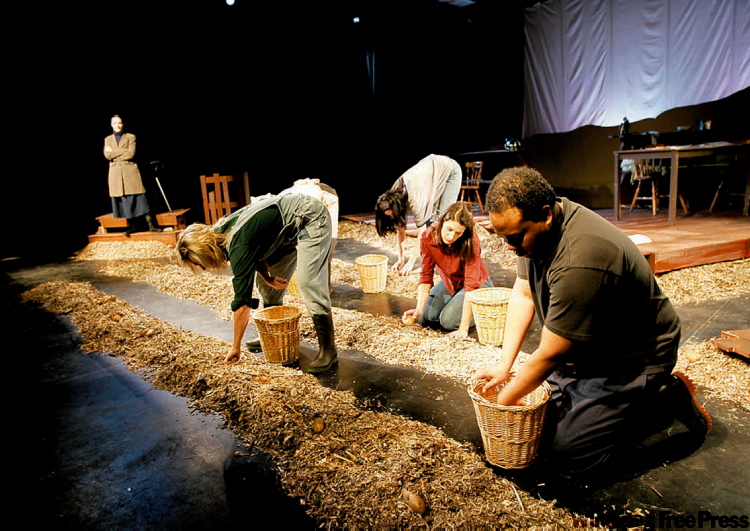Don’t forget the tickets …and the antidepressants
Advertisement
Read this article for free:
or
Already have an account? Log in here »
To continue reading, please subscribe:
Monthly Digital Subscription
$0 for the first 4 weeks*
- Enjoy unlimited reading on winnipegfreepress.com
- Read the E-Edition, our digital replica newspaper
- Access News Break, our award-winning app
- Play interactive puzzles
*No charge for 4 weeks then price increases to the regular rate of $19.00 plus GST every four weeks. Offer available to new and qualified returning subscribers only. Cancel any time.
Monthly Digital Subscription
$4.75/week*
- Enjoy unlimited reading on winnipegfreepress.com
- Read the E-Edition, our digital replica newspaper
- Access News Break, our award-winning app
- Play interactive puzzles
*Billed as $19 plus GST every four weeks. Cancel any time.
To continue reading, please subscribe:
Add Free Press access to your Brandon Sun subscription for only an additional
$1 for the first 4 weeks*
*Your next subscription payment will increase by $1.00 and you will be charged $16.99 plus GST for four weeks. After four weeks, your payment will increase to $23.99 plus GST every four weeks.
Read unlimited articles for free today:
or
Already have an account? Log in here »
Hey there, time traveller!
This article was published 28/01/2010 (5792 days ago), so information in it may no longer be current.
As a prologue to Caryl Churchill agrarian drama Fen, patrons filing into the Rachel Browne Studio encounter a female farm worker on stage attempting to protect her crop of potatoes from a flock of noisy rooks.
To a cacophony of caws, she dashes about the stage with a wooden noisemaker until she wearies and collapses in exhaustion on the ground in defeat. The scene foreshadows the 90-minute play’s grinding down of the Fenland women of rural England due to back-breaking work and crushing isolation.
Churchill, who spent a couple of weeks living with the Fen people, unearths the despair that is harvested by these exploited labourers. They are the bottom-feeders of the capitalism food chain. Call them bottom girls, the country cousins of Churchill’s high-achieving Top Girls.

These ’80s women work the rich soil but they don’t own it or their history for that matter as the story is told by a Japanese spokesman for a multinational corporation.
On Jamie Plummer’s bleakly evocative set, dominated by straw rows of potatoes, director Hope McIntyre captures the claustrophobia of rural existence but that is hardly good news for ChurchillFest audiences. There’s little here to raise spirits as the lot of these sad serfs goes from bad to worse. It’s a dreary play well acted and staged by Sarasváti Productions, for which McIntyre is the artistic director.
Even the usual means of numbing solace — drink and drugs — hardly soften life’s blows. Most of the women talk of killing themselves. Religion helps a bit. "We’re all rubbish but Jesus still loves us, so it’s all right," says one believer.
The young girls sing about their limited prospects. One of them is Becky (Rhea Fedorchuk) who aspires to be a hairdresser but is tormented by a step-mother Angela (played menacingly by Toni Reimer), whose cruelty is driven by a need "to feel something."
The main characters are illicit lovers, the married Val (an empathetic Livia Dymond) and Frank (Ray Strachan), the farmhand who is as dull as the landscape. They enjoy one fleeting moment of joy, waltzing in the fields under the stars. But Val is torn between her children and her paramour and in keeping with the atmosphere of futility ends up with neither. Nothing grows here except the spuds and their relationship inevitably ends tragically.
All hope is eventually lost by those who dream in the Fens. As Val points out at the end, "My mother wanted to be a singer. That’s why she could never sing."
The presence of the rooks at the beginning should have been a tip off to what was to come as those birds are said to have the ability to sense the approach of death.
kevin.prokosh@freepress.mb.ca

